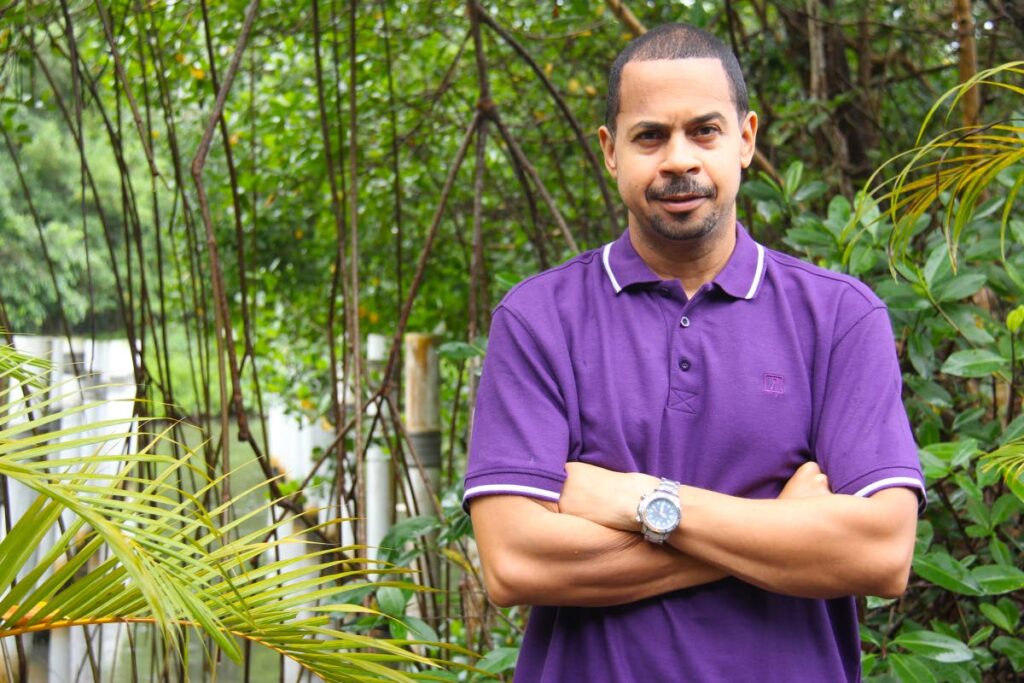The Farley factor

THE PNM'S rout at the hands of the fledgling People's Democratic Patriots (PDP) in Monday's THA elections came as quite a shock to many. The incumbent went from a six-six tie in the January poll to a 14-one annihilation.
On paper, this shouldn't have happened. The THA was under the thrall of the PNM for more than two decades. The party prosecuted a blitzkrieg advertising campaign affording it near-ubiquity across the media. The Prime Minister is Tobagonian and freely lent his incandescent fear and fervour to the campaign.
And the challenger? The PDP is Watson Duke's political gambit; a firebrand union man and all-round polarising figure with questions hovering over his head like the sword of Damocles. This party is just about six years old, yet it relegated the grand old PNM to what looks like a coffee stain on the electoral map of Tobago.
It's tempting to boil the result down to Tobagonians' exhaustion with the death grip the PNM had on power.
I don't believe the final figures are owed solely to a surge in contempt for the PNM, although that's a big part of the equation.
A fair bit of the PDP's success is due to strategic messaging. The voice resonating most with that messaging is the charismatic Farley Augustine, the man who would be chief secretary.
"Is not we time now. Is ah we time now."
"I love you Tobago more than I love my party."
"Time for Tobago to win, not just a political party to win."
Strong words that encapsulate a break from the divisive, cult-like devotion to party.
There was something about the way he said it that makes it believable. In thanking Tobagonians for "demonstrating what being a Tobagonian means," Augustine also embraced those who aren't Tobago-born but have made the island their home. This inclusive ideal is revolutionary, as we are typically nourished on xenophobic interpretations of nationhood; outsiders and interlopers must be feared and shunned.
Running like a seam throughout most of his speeches is the belief that Tobago can aspire to be more – that all Tobagonians must share in and actively work towards greatness. Augustine imagines increasing their earning potential rather than relying heavily on subventions from the central government.
How can all this talk be translated into reality? That is, perhaps, what's most intriguing about Augustine's vision for Tobago. It's also where the power of messaging comes into play. Any politician can make promises. What this young man did is work hard to get buy-in from Tobagonians by explaining in simple language how the PDP's ideas for development will actually work.
It's fairly evident that Augustine keeps up with what similar economies are doing to stimulate sustainable growth. He spoke on the platform about tourism that fans out across Tobago, leveraging the natural resources of communities; the most valuable of which is the Tobago experience – visitors communing with the people, slipping their feet into an authentic, rustic experience. This is what can help position Tobago as an experience destination that shakes off the decrepit old ideas of sun, sand and sea. He isn't anti-resort. He's pro-community, seeing opportunities where every citizen can earn from the island's natural wealth.
In agriculture, Augustine understands the value of niche markets. He talks about building on what he calls "Brand Tobago," rather than trying to compete with countries with larger land space. He talked with considerable knowledge about goat farming on the island and the stellar reputation its goat meat has even among consumers in Trinidad.
So Farley Augustine, to my mind, was a linchpin in the overall outcome of the elections. He was able to communicate the PDP's vision for Tobago in an inspirational, believable and inclusive way. Making a rallying call to his fellow Tobagonians, he said Tobago could become the greatest little island in the world if everyone is willing to put their shoulder to the wheel.
Augustine has a huge task ahead of him, not the least of which is ensuring the predictably unpredictable Watson Duke doesn't scuttle their political ambitions and become an insurmountable liability. In his words, he recognises how high the PDP has set the bar, and advised Tobagonians to keep it honest and true to the values sold to them on the platform.
Tobago has demonstrated its willingness to give Augustine and the other fresh-faced neophytes a crack at change.
If the PDP can hold fast to even half of what it has committed to, it will be 100 per cent better than our lived experience in Trinidad.

Comments
"The Farley factor"